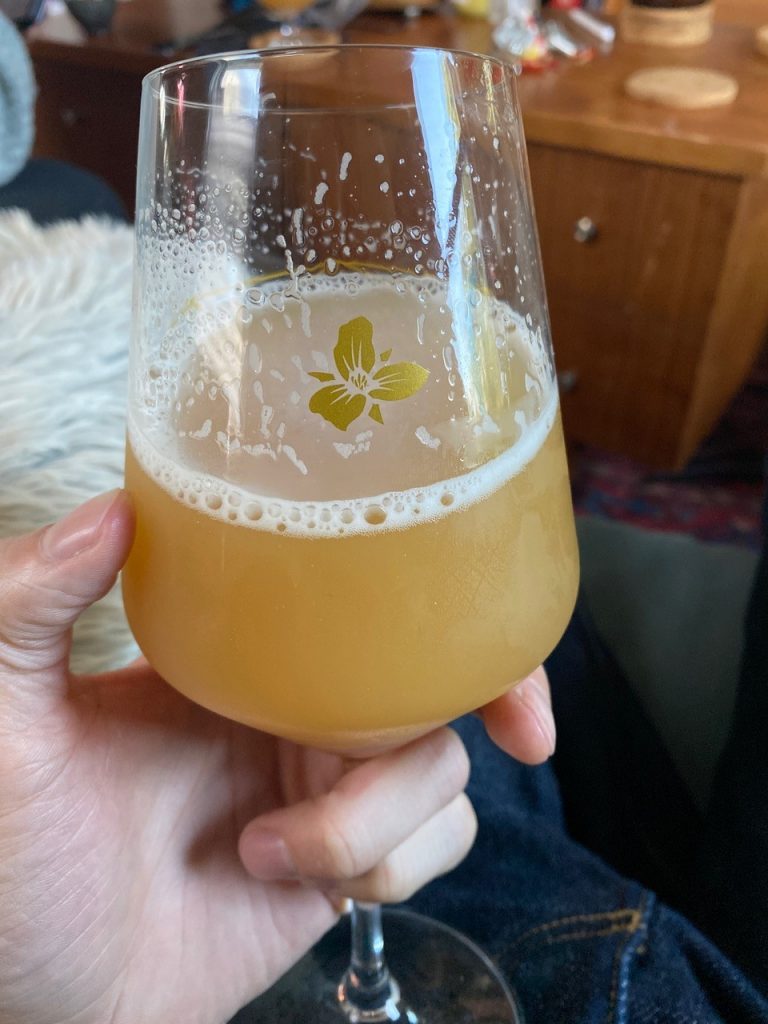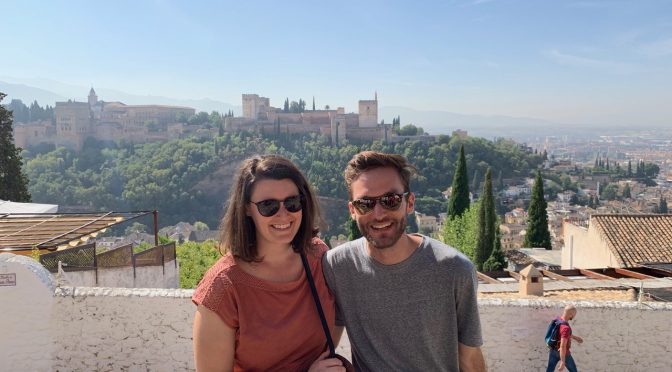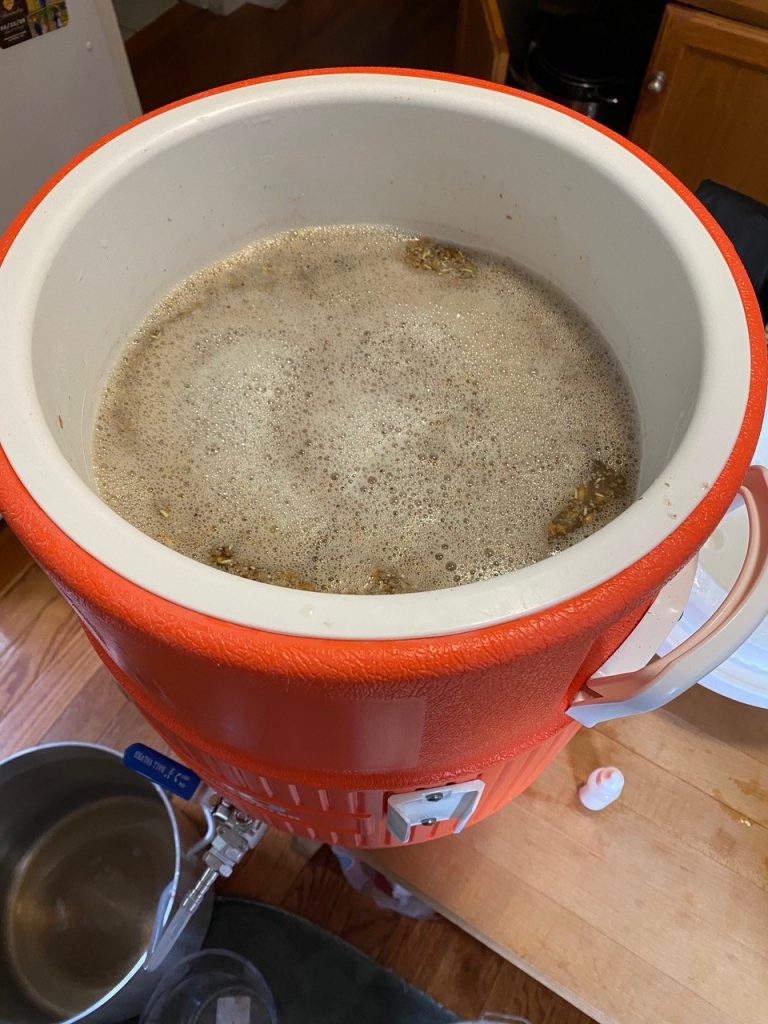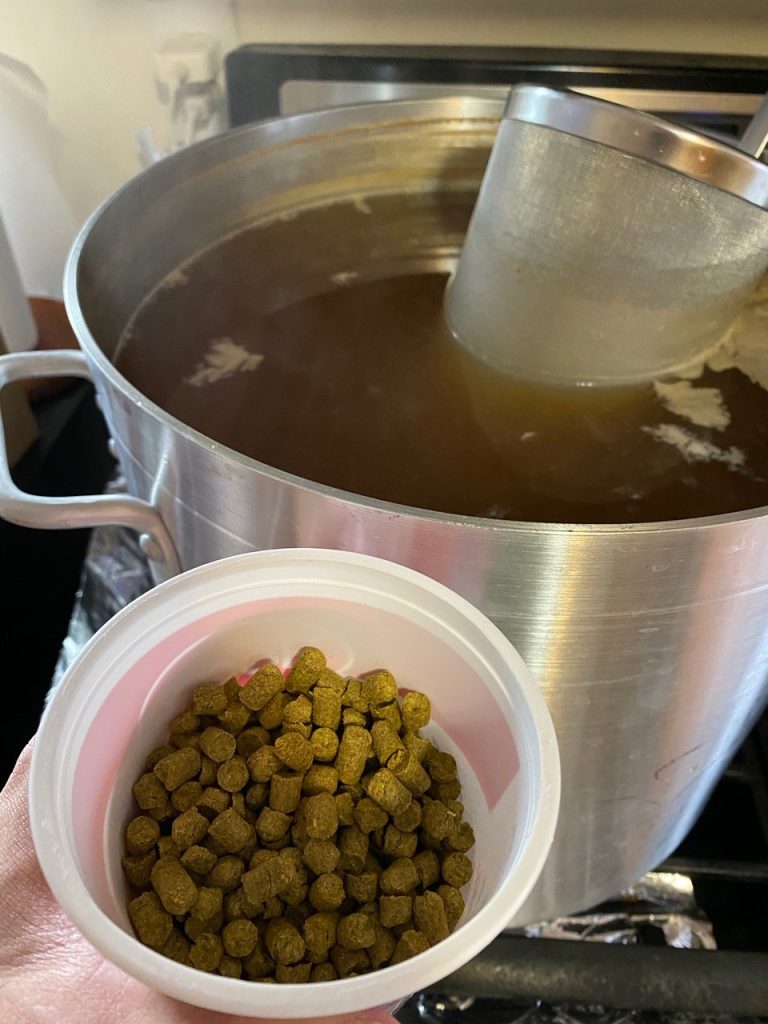Humans of Tufts Boston, 12 Jul 2020
John Ribis, Microbiology, Rising fourth-year Ph.D. Student: “Think about how far you’ve come and how much you’ve learned”
JH: How did you get started in science and what were you doing before graduate school?
JR: I had a circuitous path to grad school, and I came from some very humble beginnings. Both of my siblings are quite a bit older than I am (9 and 11 years), and I remember my sister talking about her high school chemistry class when I was 6 years old. It sounded pretty cool to me, even then. I’ve definitely had interest in science since I was a young child.
Unfortunately, for a variety of reasons, I faced a few challenges throughout my primary education and once I finished high school, I had no real plans to start college. No one else in my immediate family had gone beyond high school, so there wasn’t much pressure or expectation to continue on. After graduating, I got a job working at a local hospital where I worked first bringing food to inpatients and then I worked as an orderly for around 6 years. Being an orderly mostly entailed transporting patients, but we did a number of other things as well; EKGs, responding to violent situations, and providing support during medical emergencies. Twice a day, we would round through the ICU and to assist with various things (helping patients get out of bed, repositioning sedated patients, and sometimes doing chest compressions during codes). I enjoyed asking questions to the nurses and physicians and I got to have a lot of interesting and unforgettable experiences during my time there.
After working at the hospital for a few years, I got motivated to continue my education and started working towards my bachelor’s degree at the suggestion of my girlfriend and some co-workers. I started off by filling in a couple of prerequisites at a local community college over the course of a semester, but I eventually enrolled in classes at the University of Vermont. I did this through a special program that would guarantee admission as an undergraduate as long as you maintained a certain GPA. My high school transcript was dismal to say the least, so I felt very fortunate to have an opportunity like this. I was initially a biology major, but I changed that to microbiology after a year. I toyed with the idea of pursuing a career in medicine, but I was also open to the prospect of a basic science career. I first stepped foot into a research lab in the second semester of my junior year (late I know) and I wasn’t sure what to expect from working in the lab, but I immediately loved it. I was (and still am) very fortunate to have an awesome mentor! I had a ton of fun working in lab learning how to do research, and I spent a ton of time there. I also made friends with a bunch of the grad students and felt like I fit in well with them, so I started seriously considering grad school. I started at Tufts shortly after I graduated.
JH: Looking back, what would you tell someone on a similar path as you about making the decision to go to college and choosing science?
JR: I’d remind them that it’s normal to feel intimidated when making the transition back to school, especially if you had a difficult time previously. It’s also easy to get discouraged at times, feel like you’ve made the wrong decision, and think you’ve wasted a huge amount of money. Make sure to check in with yourself, take a step back and think about how far you’ve come and how much you’ve learned. I’d also suggest starting in a lab as early as possible, and if you have a bad time in the first lab, move on and don’t let that shape your view of science. I’ve seen so many people have a bad experience in their first lab, and they decide to never work in a lab again.
JH: What drew you to microbiology?
JR: This goes back to my time in the hospital, where I was able to see firsthand how incredibly destructive some pathogens were. The thought that something so tiny could wreak such havoc on the body amazed me. It was also crazy to me how prevalent antimicrobial resistant organisms were like MRSA and VRE (vancomycin-resistant enterococcus). I also got to see a ton of people infected with C. difficile, which is the bug I work on now. In addition to pathogens, I thought the fact that we have co-evolved with a huge number of commensal bacteria, which we rely on for what seems like everything, was fascinating as well. It’s pretty wild that the gut microbiota has an impact on pretty much everything, including our brain since some bugs actually produce neurotransmitters that probably impact our mood and behavior. They also protect us from other bacteria that can cause really severe disease. For example, the bacterium I study only makes people sick when gut commensals get wiped out.
JH: Have you been following any fascinating new scientific developments?
JR: Well, if you ask anyone that knows me, they will tell you that I have a slight, maybe unhealthy, obsession with microscopy. It’s the main thing that I’ve missed about being away from the lab. Fun fact: I’m color blind, so my love for microscopy often causes a lot of confusion amongst my peers! I then tell them that GFP doesn’t have to be green and mCherry doesn’t have to be red.
Microscopy pretty much dominates my twitter feed. It’s a hugely innovative field and it’s hard to pick a single fascinating development. I am a bit of a sucker for any super-resolution technique, so the fact that we can now use light microscopy to see single fluorophores and separate them within a couple nanometers of each other in living cells just blows my mind.
On the image analysis side, things seem to be developing even faster. Machine learning/deep learning is making image processing and analysis insanely fast, more accurate, and super high-throughput. There’s a huge open source community that is constantly developing new tools.
If you want to learn the basics, I’d definitely recommend the iBiology microscopy videos on YouTube, the Microcourses YouTube channel, the Nikon Microscopy U website, and the book Fundamentals of Light Microscopy and Electronic Imaging is fantastic. If you’re in a lab that will pay for you to go to a short course, do it. It’s exhausting, but you truly get immersed in everything related to microscopy.
Also, follow microscopy people on twitter.
JH: What do you like to do outside of lab?
JR: Outside the lab I enjoy running, staring at things in museums, spending time with my dog Lucy and my girlfriend, enjoying craft beer, and more recently brewing beer completely from scratch; grain to glass. I also like travelling to cool places when possible and was lucky to do a pre-pandemic trip to Spain and Portugal. I’m also a big fan of horror movies. I definitely recommend The Witch, Hereditary, and Midsommar. They are all fantastic. Like Ramesh, who was previously featured, I keep a planted aquarium as well.
JH: What does that grain to glass process look like?
JR: You steep malted barley (and other grains sometimes) in heated water. You have to control the temperature and pH to activate enzymes in the malted barley to convert starch into simpler sugars for the yeast to eat. Once that’s, done, you boil the wort (unfermented beer), add hops, cool it down, and then add yeast. While its fermenting might have to dry hop, add fruit, coffee or other things. After its fermented you bottle it or keg it to carbonate. Bottles take longer because you have to get a little fermentation started again to generate the CO2 to carbonate the beer. It all can take anywhere from a couple weeks to months (sometimes years) to finish a beer depending on the style!







